Flying pans and French military theory: CBS students investigate the restaurant industry to help it transform

Henriette Einevoll Husby and Emilie Madsen Auensen have investigated gender issues and leadership dynamics in the restaurant industry in collaboration with the platform Bowline. (Photo: Private)
CBS students have interviewed some of Copenhagen’s top restaurateurs about leadership, crisis management, innovation and gender issues for their master’s theses. The students hope they can help develop the industry, which is currently characterized by a harsh tone and military hierarchy.
“A chef told us that a colleague of his threw a frying pan at him once. He ducked his head and continued working. The day after, he just showed up for work like nothing had happened. But this is changing, the people we have talked to want to change this,” explains Jasmin Hørup.
She has been studying for her MSc in Strategy, Organization and Management at CBS, and together with Amani Thostrup Mansia has written a master’s thesis about what innovative measures the Copenhagen-based restaurants have launched during the coronavirus crisis, as well as how it has affected leadership dynamics.
“The restaurants we have talked to seem to have adopted the mantra: never let a good crisis go to waste. During the crisis, they have had time to think, talk and come up with new ideas,” says Amani Thostrup Mansia.
One industry that has been especially hard hit by the coronavirus crisis is the restaurant industry. Some restaurants have had to lay off employees and close their doors, while others have tried to come up with ideas on how to save and earn money during the crisis.
One method initiated to keep the industry afloat is the platform Bowline, which was devised by Copenhagen-based restaurateurs and Eric Guthey, Associate Professor at CBS, last spring. And through Bowline, five groups of CBS students have been collaborating with the industry to write master’s theses on themes such as crisis management, innovation, gender issues and leadership styles. (See fact box)
Kamilla Seidler, Director of Restaurant Lola in Copenhagen and co-initiator of Bowline, was interviewed by the students for their projects. And although she has yet to read the finished theses, she is sure the students’ collaboration with Bowline will help the industry.
“The more perspective you get from various sides, the smarter you become. I’m interested in the food, contact with guests and such, but gaining more leadership and economics knowhow is definitely useful,” she says.
Kamilla Seidler had no hesitation in letting the students interview her and her employees, although some of the topics were hard to discuss.
“We, as an industry and business, want to improve. We do what we can, but we are still bound by old-school methods where we scream and shout at each other. Meanwhile, the number of students in this sector is declining, and we have challenges retaining people in the industry. If we want to solve these issues, we need insights into why things are as they are. Only then can we help ourselves. So we must be available for the students, for example.”
Booty slapping
Henriette Einevoll Husby and Emilie Madsen Auensen have both studied for MSc degrees in Strategy, Organization and Leadership, and have followed two of Eric Guthey’s courses on leadership, power and influence. And through the courses, they heard they could write a thesis through Bowline.
Relatively quickly they decided on the topic of gender issues, harassment and leadership dynamics in the industry.
“Everyone knows a story that relates to the theme of gender issues. At the same time, most don’t see themselves as part of the problem,” explains Henriette Einevoll Husby.
She and Emilie Madsen Auensen have interviewed 11 chefs from Norway and Denmark, and found that they do have many efforts towards gender issues, but despite this, the masculine discourse persists.
“The chefs welcome women, but we can see that when women step into the kitchen, the masculine traits of the kitchen structure take over. The hierarchy is built on a 100-year-old French military theory that dictates a certain hierarchy. Women have to adapt to this culture and thereby tone down their femininity,” says Henriette Einevoll Husby.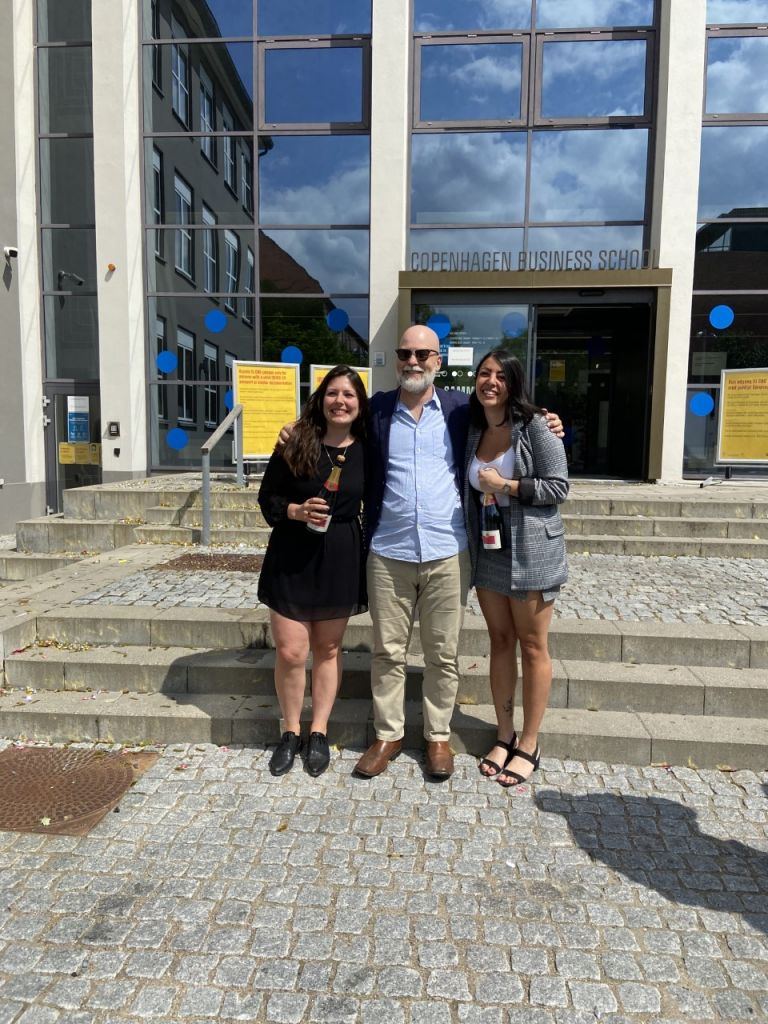
Emilie Madsen Auensen describes the kind of behavior that can make it harder for women to work in a kitchen.
“Some of the interviewees talked about slapping each other’s backsides as a normal thing. Like a pat on the shoulder. But they knew they had to be careful around women and aware of whose backsides they could slap. The language chefs use to describe everything that happens in the kitchen is considered masculine, so although the chefs want and work towards a diverse and collaborative workplace environment, they perpetuate the masculine discourse because gender relations and leadership dynamics in kitchens are highly complex,” she says.
Henriette Einevoll Husby adds that the chefs and restaurateurs want a more gender-balanced kitchen, but that will not necessarily solve the problems.
“Some think the solution is to have 50/50 women and men in their kitchens. But the underlying mechanisms are built into the patriarchy, so maintaining a gender balance won’t solve the issue. If they really want to change the dynamics, they need to talk about what behavior the kitchen structure fosters,” she says.
Put away your ego
When Jasmin Hørup and Amani Thostrup Mansia were interviewing directors, chefs and sous-chefs for their thesis, they focused on finding out what innovative measures the various restaurants had introduced during the crisis and how leadership dynamics in the restaurants industry are changing.
“All the restaurants we interviewed had introduced innovations of one kind or another. Some had refurbished their restaurants, or come up with crazy concepts and money-saving ideas. For example, Noma came up with a burger concept, as they could not give people the fine dining experience Noma that is their hallmark,” says Jasmin Hørup.
Amani Thostrup Mansia adds:
“It surprised most people that they could suddenly enjoy an eating experience from high-end restaurants such as Amass and Noma without breaking the bank. The entire fine-dining business model was disrupted, so they were forced to do something different.”
We hope our thesis can reveal some of the unspoken opinions and structures that keep the industry from changing
Amani Thostrup Mansia
In addition, the crisis sparked self-reflection in the industry. By causing a natural break from everyday life, it gave people time to talk about the future of the industry, explains Jasmin Hørup.
“The chefs had to tone down their egos, and we see this in our interviews on leadership dynamics. If the word ‘hierarchy’ was mentioned, the chefs immediately toned it down and said they want to collaborate more. And this approach has been accelerated by the crisis because they have had time to sit down and discuss how they want to run their kitchens and businesses,” she says.
An outside perspective
Amani Thostrup Mansia hopes the master’s thesis and Bowline platform can help push forward the changes the chefs want.
“We hope our thesis can reveal some of the unspoken opinions and structures that keep the industry from changing, and that it can help to inspire the restaurants. I really hope they want to talk about leadership. Not only individually, but within the industry as a whole. One restaurant cannot change the industry – it must come through collaboration,” she says.
Kamilla Seidler explains that she knows the theses will not bring tailormade solutions to the challenges the industry is facing. However, she believes observations from outside bring useful knowledge.
“Maybe the theses will show that we say one thing but do something else. And I’m also curious to see whether some of the issues relating to leadership style will be solved by a new generation, because they simply don’t want to put up with it. Some things will change, naturally, but in other areas, we might need a push in the right direction,” she says.



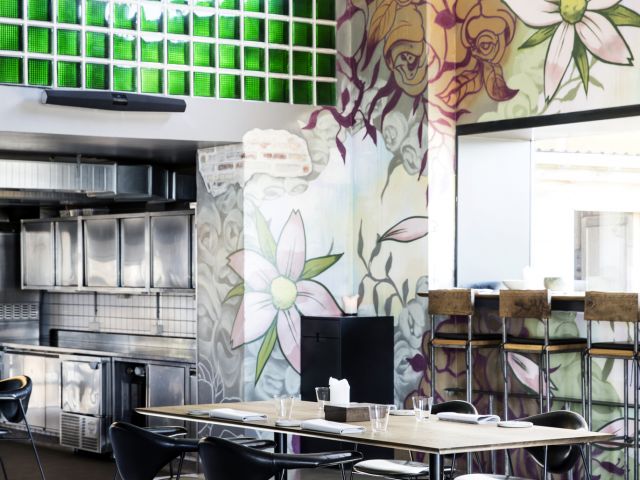
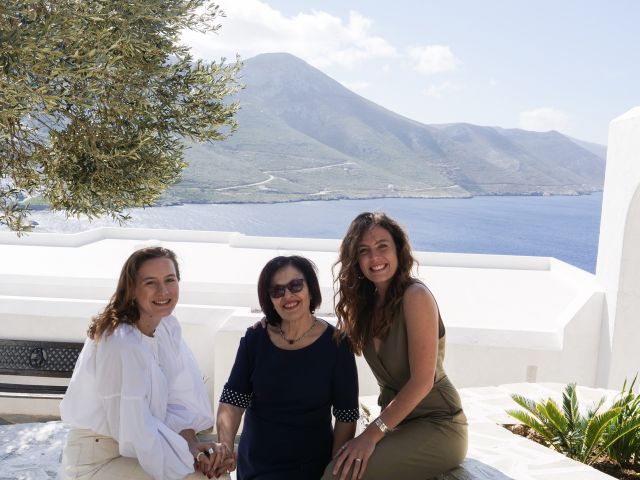

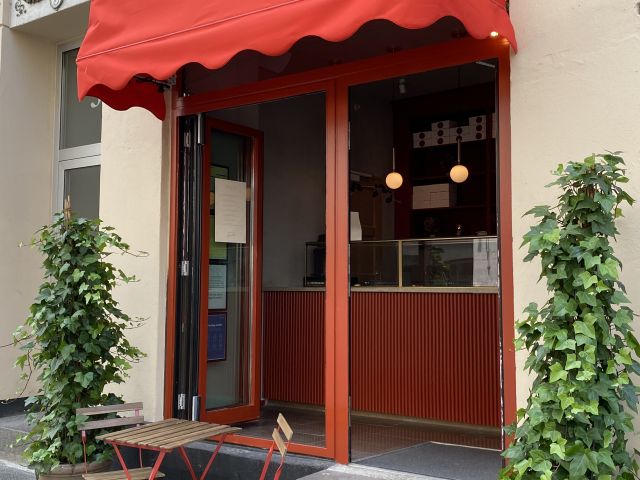
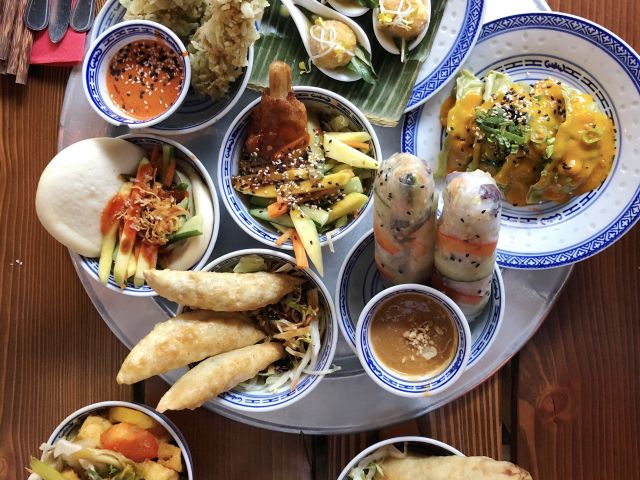






























































































































Comments